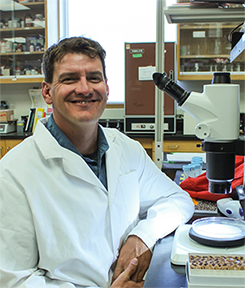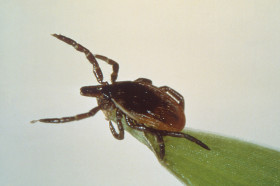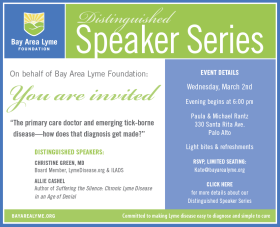FOR IMMEDIATE RELEASE
Media Contact:
Tara DiMilia, 908-947-0500, tara.dimilia@TMstrat.com
Bay Area Lyme Foundation Announces Winners of “Lyme Innovation” Hackathon at White House Event
White House Acknowledges Contributions of Program Organizers
Toward Solving Challenges of Lyme Disease
(Cambridge, MA,) October 5, 2016 — As part of the White House Open Data Innovation Summit, Bay Area Lyme Foundation, collaborating with the Spaulding Rehabilitation Network’s Dean Center for Tick Borne Illness, Harvard Medical School Department of Physical Medicine and Rehabilitation, MIT Hacking Medicine, University of California, Berkeley, and the Veterans Affairs Center for Innovation, announces the winning teams of Lyme Innovation. Lyme Innovation is the first ever Hackathon for Lyme disease, which provided a forum for more than 100 scientists, clinicians, researchers, entrepreneurs, and investors from a variety of disciplines to brainstorm solutions for this potentially devastating disease.
 Just six months ago, Bay Area Lyme launched a
Just six months ago, Bay Area Lyme launched a  The following is a post from a guest author,
The following is a post from a guest author, 
 On March 2nd, Bay Area Lyme again hosted another of its
On March 2nd, Bay Area Lyme again hosted another of its  Dr. Ben Beard, PhD, Chief Bacterial Diseases Branch at the CDC, visited with Bay Area Lyme and invited guests as part of the foundation’s ongoing
Dr. Ben Beard, PhD, Chief Bacterial Diseases Branch at the CDC, visited with Bay Area Lyme and invited guests as part of the foundation’s ongoing